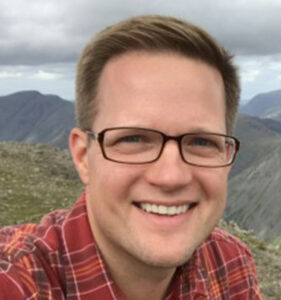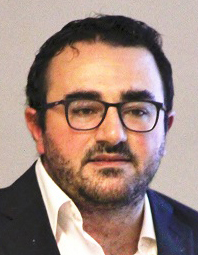Judd Birdsall: Reflections upon the Completion of the Covid-19 & FoRB Webinar Series

Judd Birdsall is Director of the Cambridge Institute on Religion & International Studies at the Centre for Geopolitics at Cambridge University
Dramatic moments and extreme cases often help to clarify issues, expose boundaries, and create opportunities for fresh thinking. The COVID-19 pandemic has been one of those moments for a whole range of issues, including issues related to religion.
As I reflect on the past several months of the pandemic and on the 14 weeks of our webinar series exploring the religious dimensions and religious freedom implications of the lockdown, I am struck by three main observations.
First, the lockdown has provided a civics lesson on the permissible limitations on freedom of religion or belief (FoRB). Second, the varied religious responses to the pandemic have reminded us of the “ambivalence of the sacred.” Third, the lockdown has had significant—and divergent—impacts on levels of religiosity. Let’s explore each of these observations in turn. (more…)


